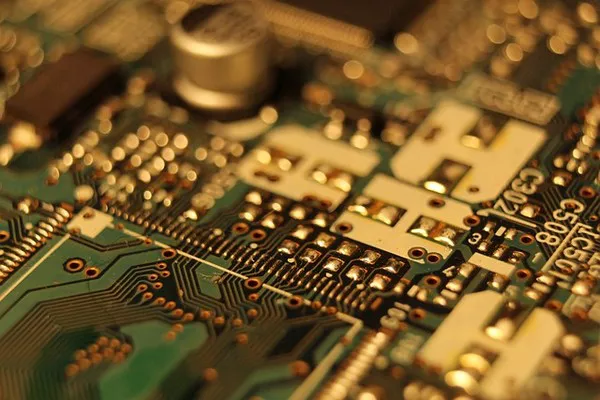Fire safety is a critical aspect of any workplace or residential setting, and when it comes to addressing fires involving electrical equipment, selecting the right fire extinguisher is paramount. The use of the wrong type of extinguisher can not only prove ineffective but may also exacerbate the situation, posing additional risks. In this article, we will explore the types of fire extinguishers suitable for electrical fires, emphasizing the importance of understanding the nature of electrical fires and the specific extinguishing agents designed to combat them.
Understanding Electrical Fires
Electrical fires are unique in their origin and behavior, primarily because they involve energized electrical equipment. These fires typically stem from faulty wiring, overloaded circuits, or malfunctioning electrical appliances. Unlike other types of fires, electrical fires cannot be extinguished with water due to the risk of electrical shock. Instead, special considerations and extinguishing agents are required to effectively combat these fires.
Classifications of Fires
Fire extinguishers are categorized based on the types of fires they are designed to combat. The classifications are denoted by letters, and for electrical fires, the relevant classification is Class C. Class C fires involve energized electrical equipment, and it is crucial to use extinguishing agents that will not conduct electricity or create additional hazards during suppression efforts.
Types of Fire Extinguishers for Electrical Fires
Carbon Dioxide (CO2) Extinguishers:
One of the most effective choices for electrical fires is the carbon dioxide (CO2) fire extinguisher. CO2 is a clean and non-conductive gas, making it suitable for extinguishing electrical fires without causing damage to sensitive equipment. These extinguishers work by displacing oxygen, thus suppressing the combustion process. It’s important to note that CO2 extinguishers do not leave a residue, making them ideal for use in environments where clean-up is a concern.
Dry Chemical Extinguishers (Class C-rated):
Dry chemical fire extinguishers are versatile and can be used on various types of fires, including Class C electrical fires. These extinguishers contain a powder that interrupts the chemical reaction of the fire, extinguishing it. While effective, it’s essential to choose a dry chemical extinguisher labeled as Class C-rated to ensure its suitability for electrical fires. However, the residue left by these extinguishers may be corrosive, requiring thorough cleaning after use.
Clean Agent Extinguishers:
Clean agent fire extinguishers use a non-conductive, liquid, or gas-based agent to suppress fires. Common clean agents include halon alternatives like HFC-227ea and HFC-236fa. These extinguishers are effective for electrical fires as they do not leave a residue and do not pose a risk to electronic equipment. It’s worth noting that halon extinguishers, while effective, have been largely phased out due to environmental concerns.
Water Mist Extinguishers:
Water mist extinguishers are a relatively newer technology that utilizes ultra-fine water droplets to cool the fire and displace oxygen. Unlike traditional water-based extinguishers, water mist extinguishers are safe for use on electrical fires as the mist is non-conductive. These extinguishers are gaining popularity due to their effectiveness on various fire types, including Class C fires, without causing damage to electronic equipment.
Considerations and Best Practices
Proper Training: It is essential for individuals responsible for fire safety to undergo proper training on the use of fire extinguishers. This includes understanding the different classes of fires and the appropriate extinguishing agents for each.
Assessment of the Environment: Before selecting a fire extinguisher, assess the environment where it will be used. Consider factors such as the presence of sensitive electronic equipment, potential for cleanup, and the proximity of flammable materials.
Regular Maintenance: Fire extinguishers must undergo regular maintenance to ensure they are in proper working condition. This includes checking pressure levels, inspecting for physical damage, and ensuring the extinguisher has not expired.
Emergency Evacuation: While fire extinguishers are valuable tools for immediate response to small fires, it is crucial to prioritize safety. If a fire is spreading rapidly or becomes uncontrollable, the primary focus should be on evacuating the area and contacting emergency services.
See Also Best Practices for Storing Electrical Equipment: A Full Guide
Conclusion
Selecting the right fire extinguisher for electrical fires is a critical aspect of overall fire safety. By understanding the unique nature of electrical fires and the appropriate extinguishing agents, individuals can make informed decisions that enhance the effectiveness of fire response efforts. Regular training, proper maintenance, and adherence to safety protocols contribute to a comprehensive fire safety strategy that protects both people and property in the face of potential electrical fires.

